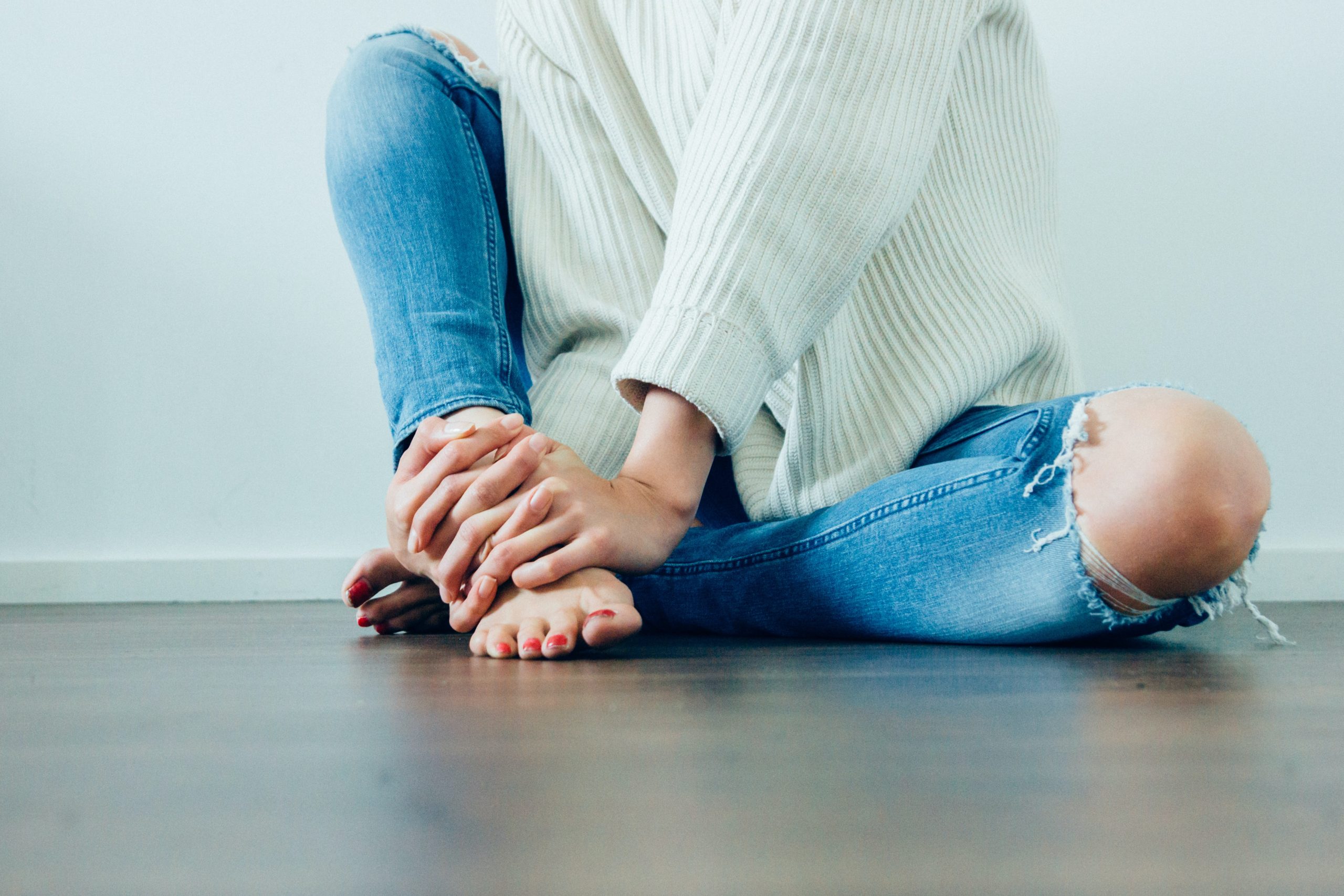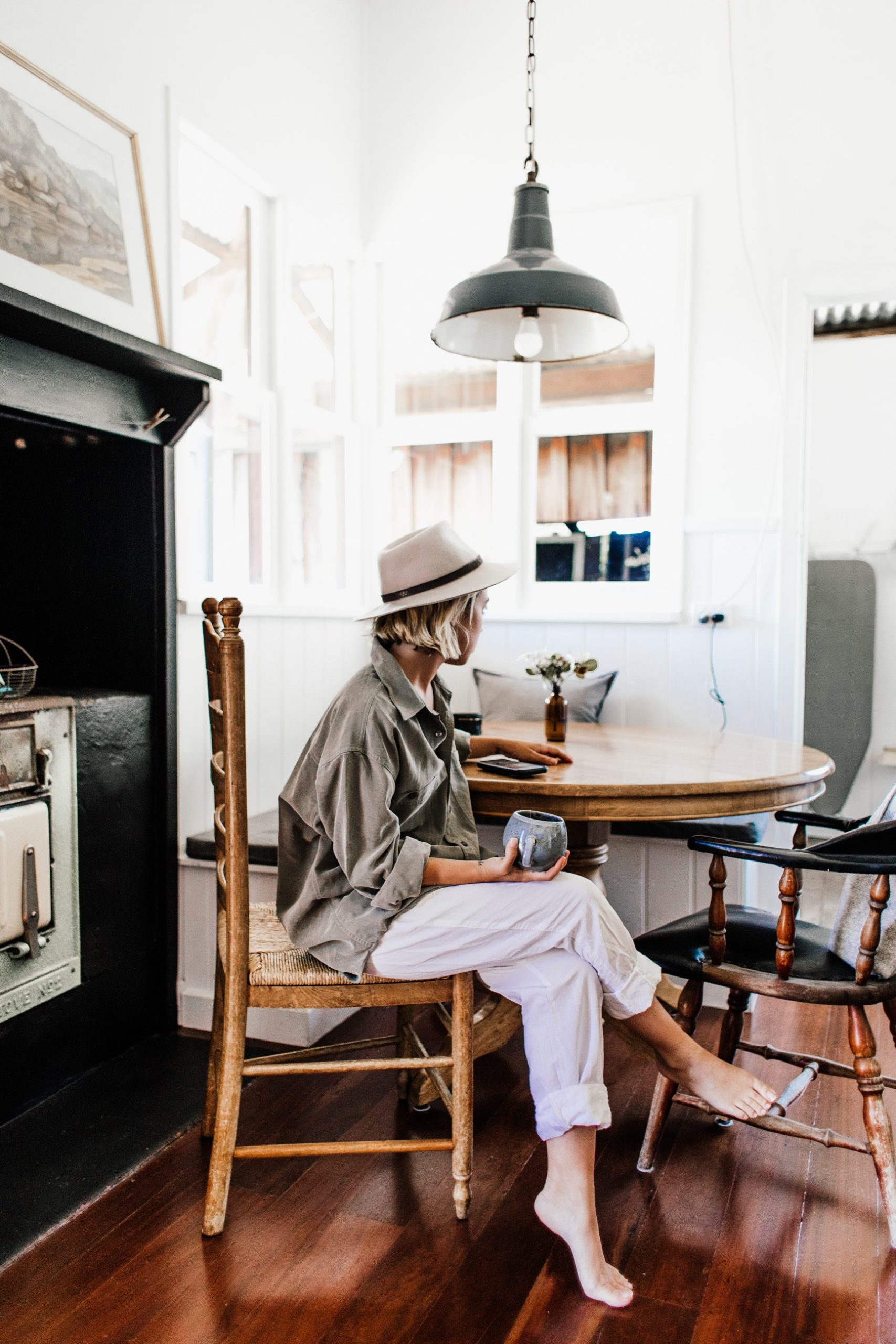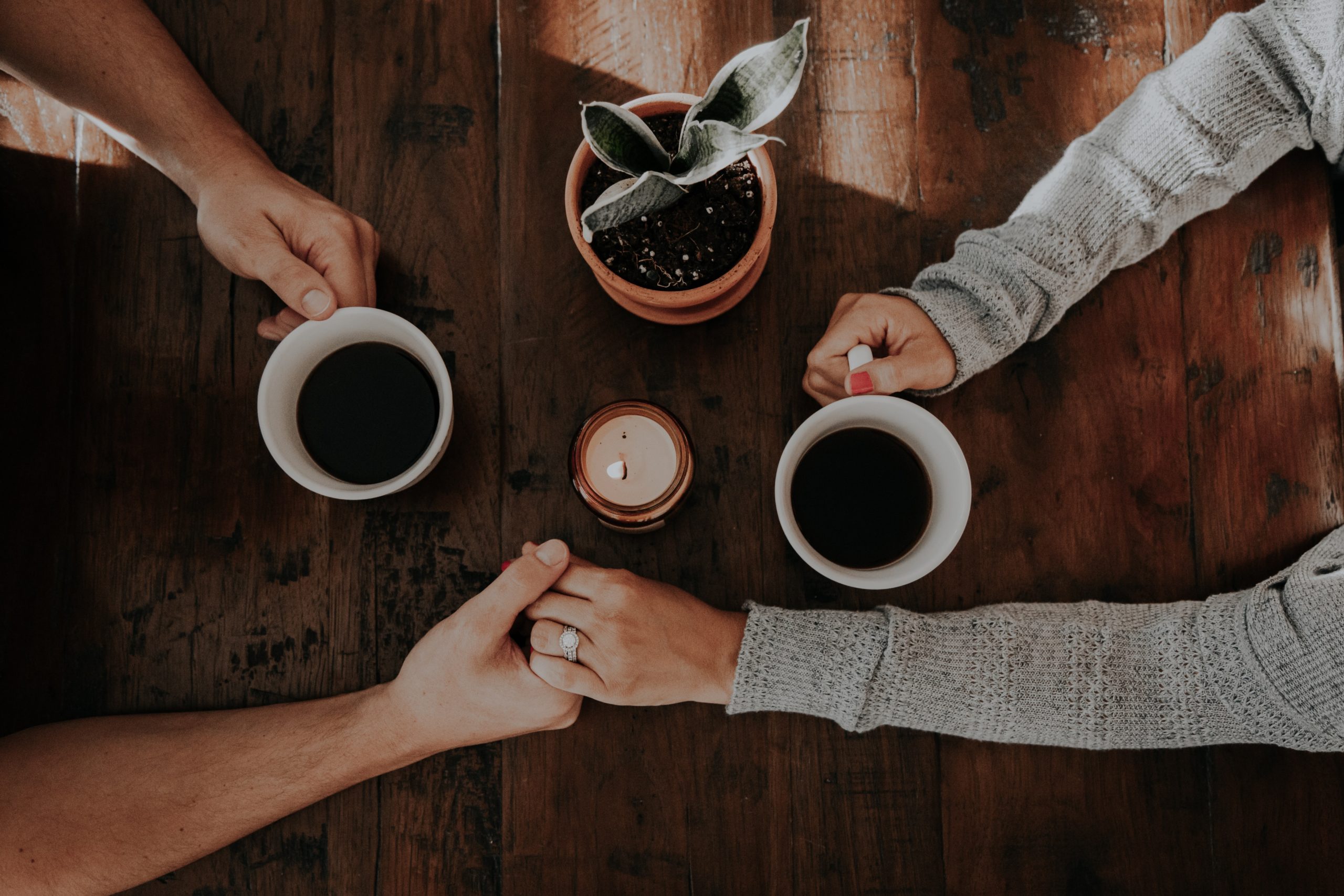It just takes one. One person might break your trust, and next thing you know, you no longer trust yourself either.
Instead of developing mistrust for that one individual in that one situation, you might instead become skeptical of everyone who crosses your path… And you cross your own path quite frequently, don’t you? Although you might have ultimately developed this self-doubt as a way to protect yourself from getting hurt again, this projection of mistrust on your own every move and whim is unhealthy and unwarranted.
It isn’t your fault someone hurt you. Your judgment should not take the fall. Don’t take the blame for someone else’s lack of value in your trust.
The Ins & Outs of Trust Issues
When someone says ‘trust issues,’ we generally think of a person who has been harmed time and time again to the point that they don’t trust anyone else. But what if your trust issues are more about you than other people? In fact, what if your trust issues have developed solely because you don’t trust yourself?
This can be a startling revelation to have, but losing your trust in yourself might have been the final nail in the coffin that turned these into actual “issues,” if you will. Your lack of trust in yourself might be the very thing holding you back.
This could be the case if:
- You consistently question people’s motives.
- You keep your true feelings to yourself.
- You doubt your own worth and decisions.
- You assume everyone is out to get you.
- You sincerely believe that no one means well anymore.
You are a social being and these beliefs are more harmful to you than anyone else. In fact, they don’t protect you at all; they just deprive you of the human connection you need to feel complete.
An Exercise in Gaining It Back
Depending how long this has been an issue, it might take you awhile to gain your own trust back. This journey might be one worth embarking on with a therapist, in which case I would be honored to help.
In the meantime, though, consider doing this short exercise to work on increasing trust in yourself again.
- First, sit or lie down in a space where you feel comfortable and safe.
- Do what you need to do to make it even more comfortable, still. Light some candles, snatch a blanket, curl up in a ball in your favorite armchair, “vibe it out.”
- Once you are settled in, ask yourself a question that might sound kind of strange (but is necessary to the process): “How do I know this is comfortable?”
- Then explore the sensations that aid in this comfort. Maybe you notice that you feel warm or you’re breathing easier. Perhaps you take note that you don’t feel any pain.
- While you might be aware that this feeling can’t possibly last (you’re not wrong), try to be present. Hang on tight to this pleasurable experience.
- Remain aware of every little sensation, right down to the temperature or the way the light is coming in the windowpanes. Savor this moment of complete and total comfort and safety.
- Continue this exercise as long as you’d like or time allows.
What this exercise ultimately achieves is learning how to trust your immediate physical sensations and feelings of comfort. It might seem slight, but it will impact your trust in yourself significantly in the long run.






